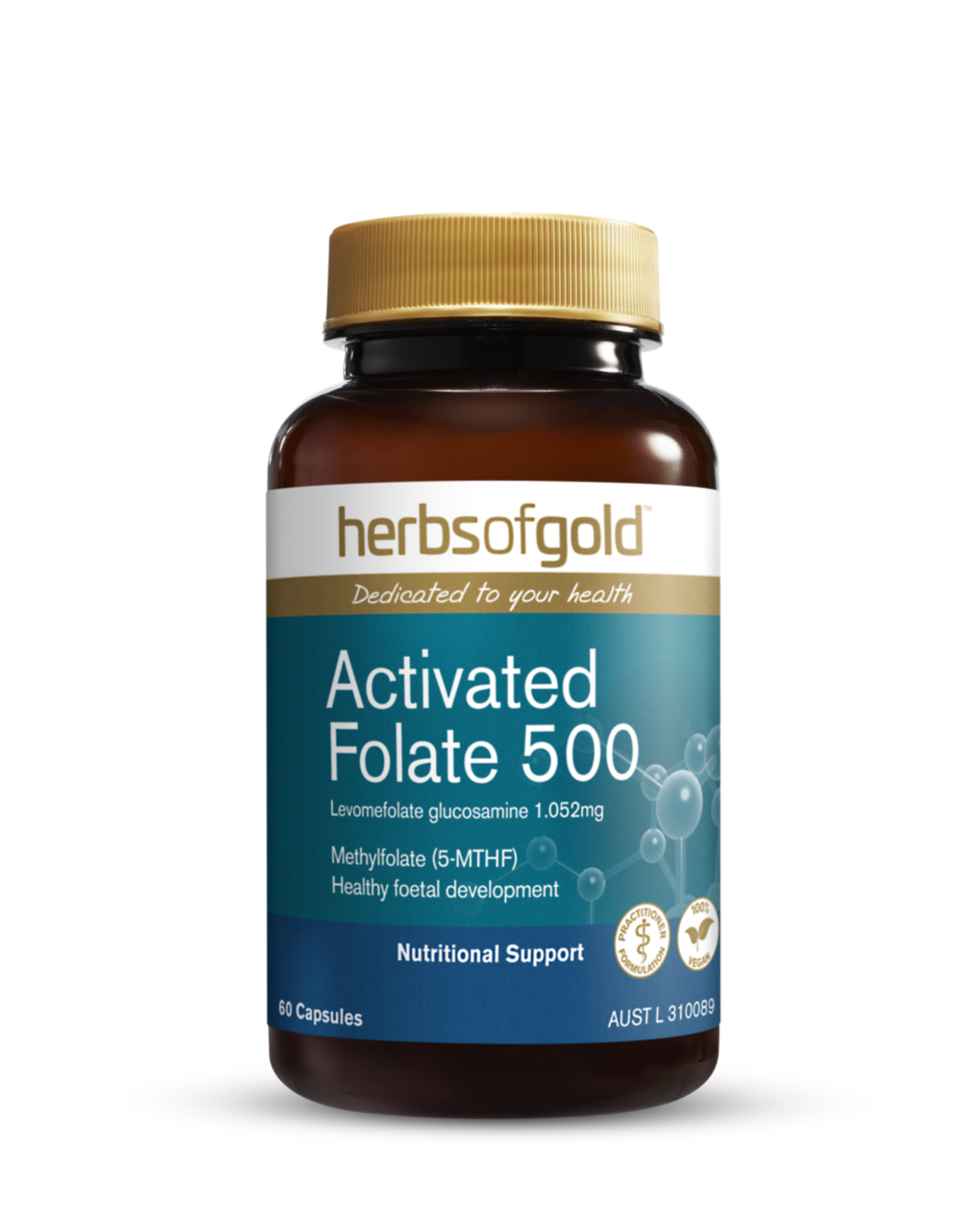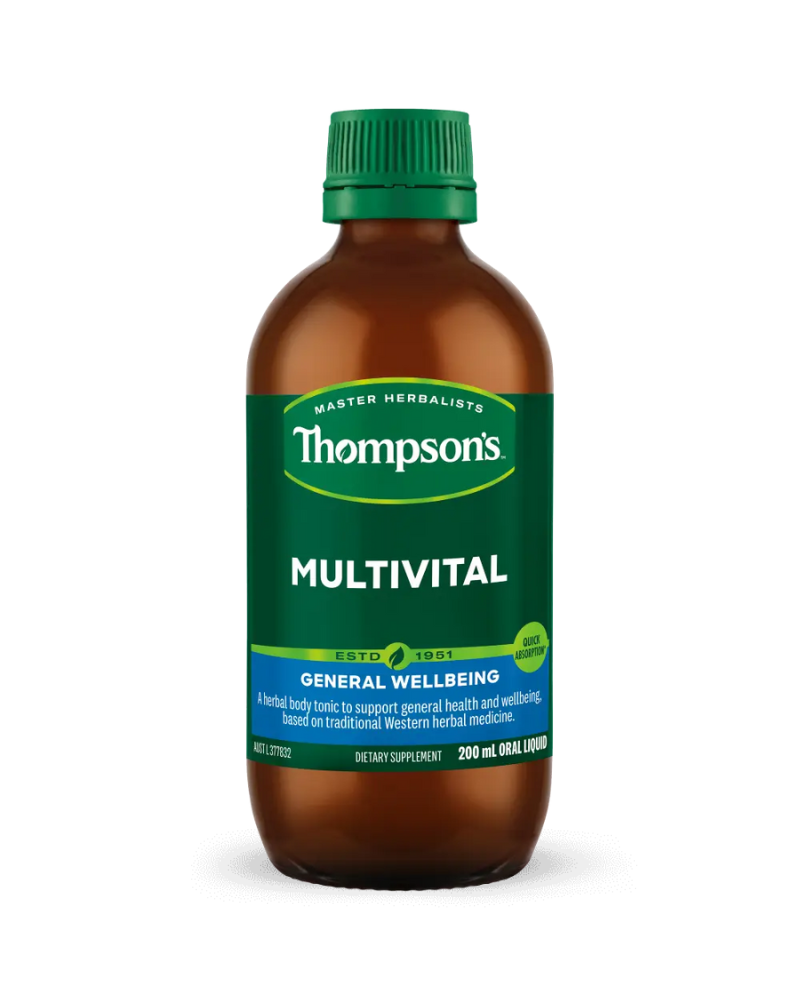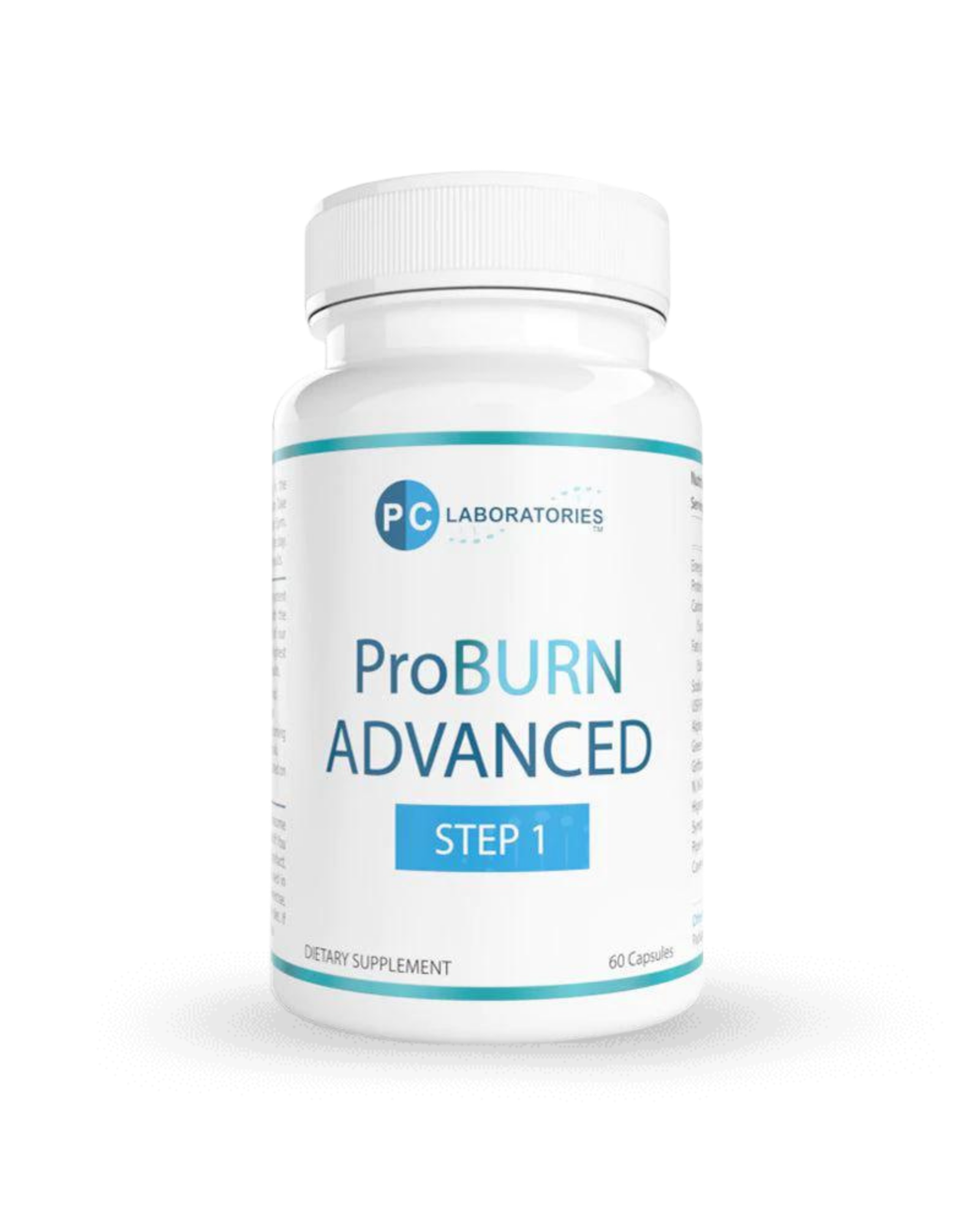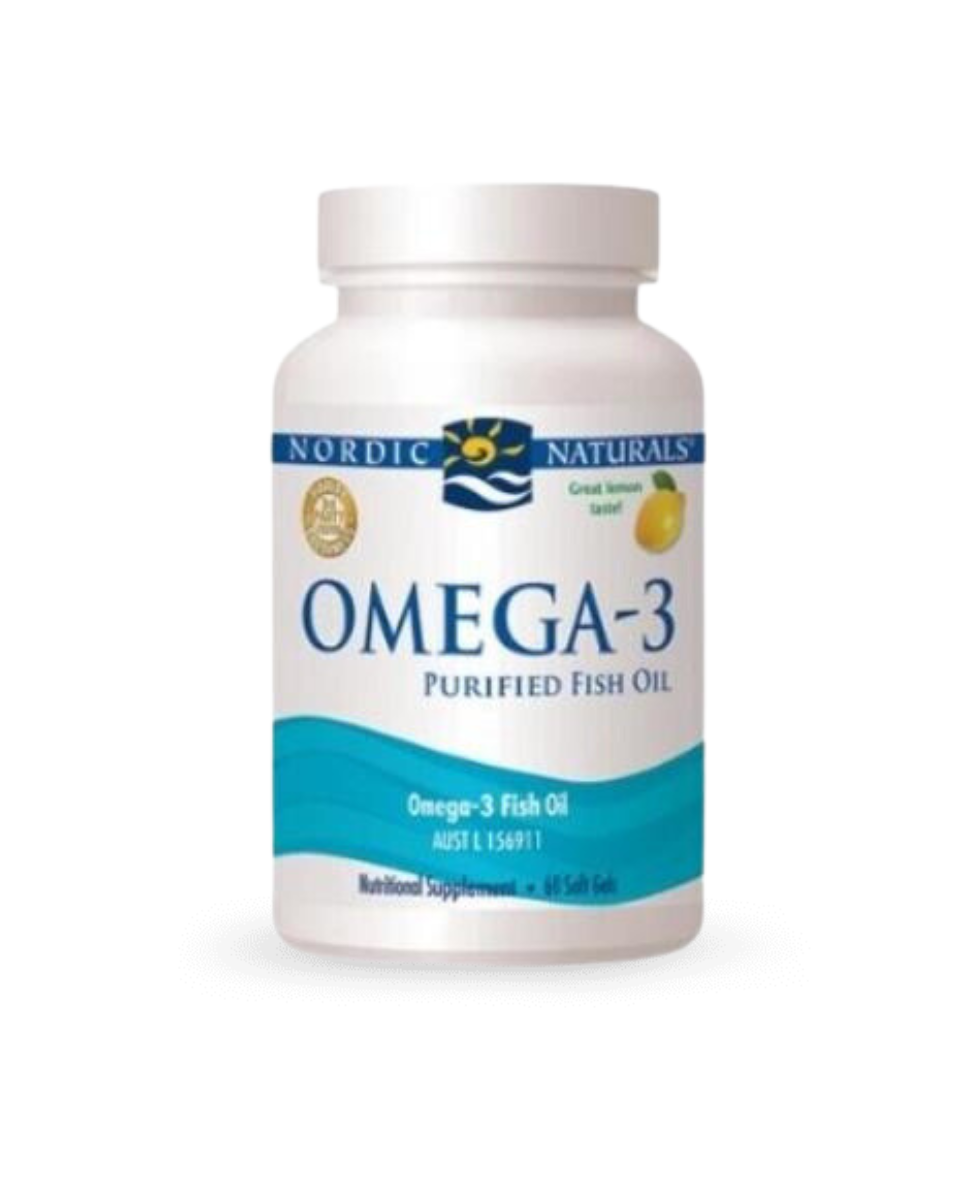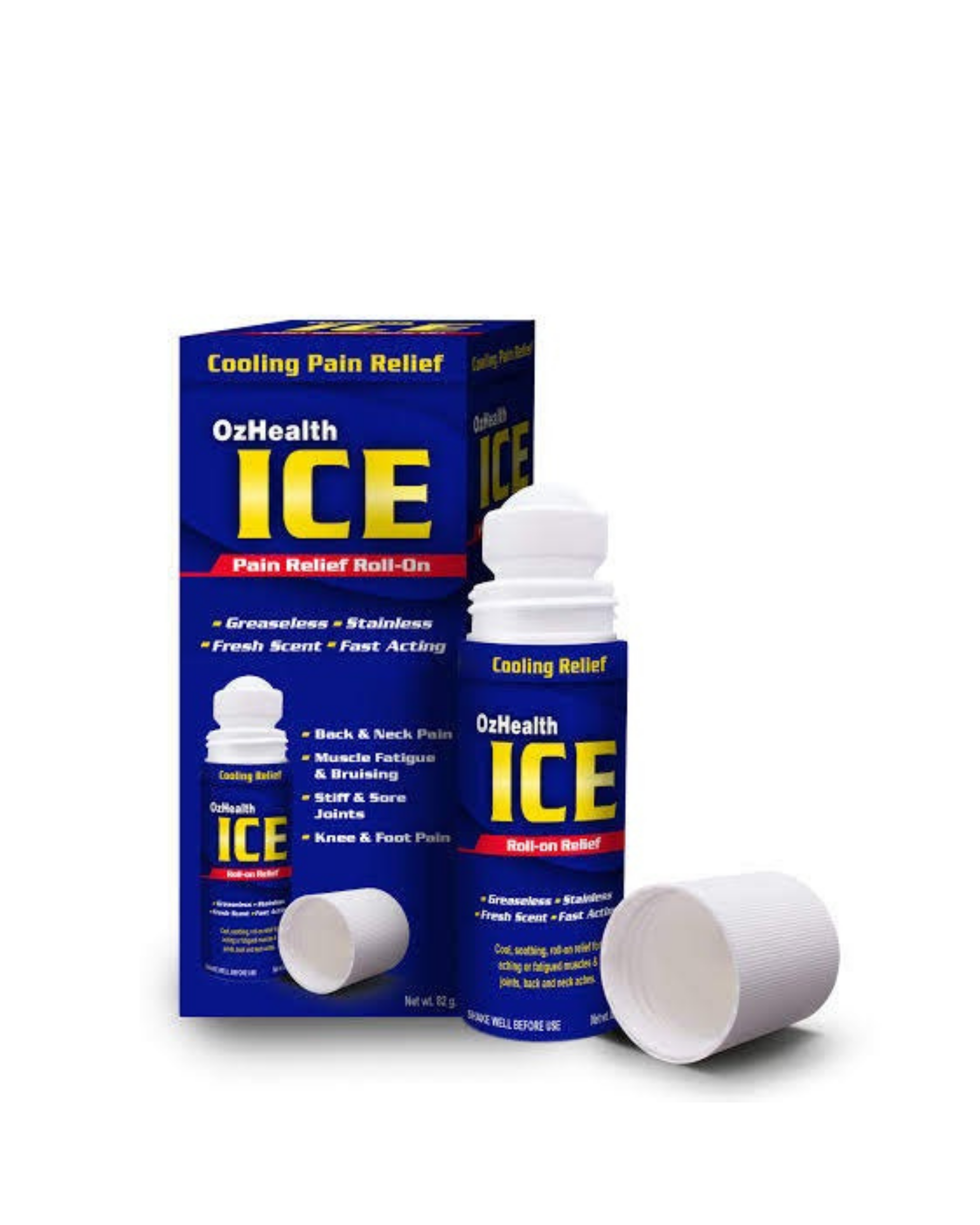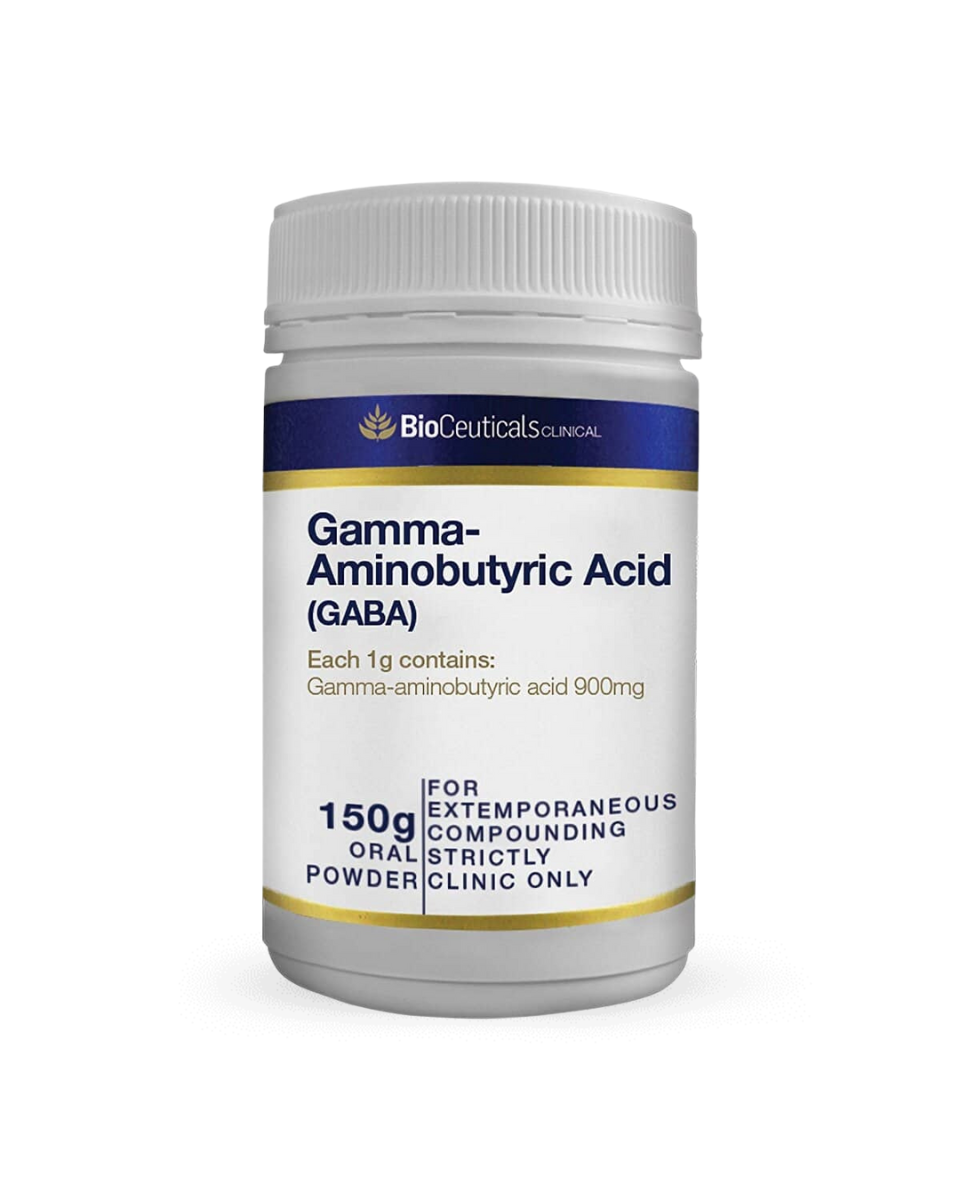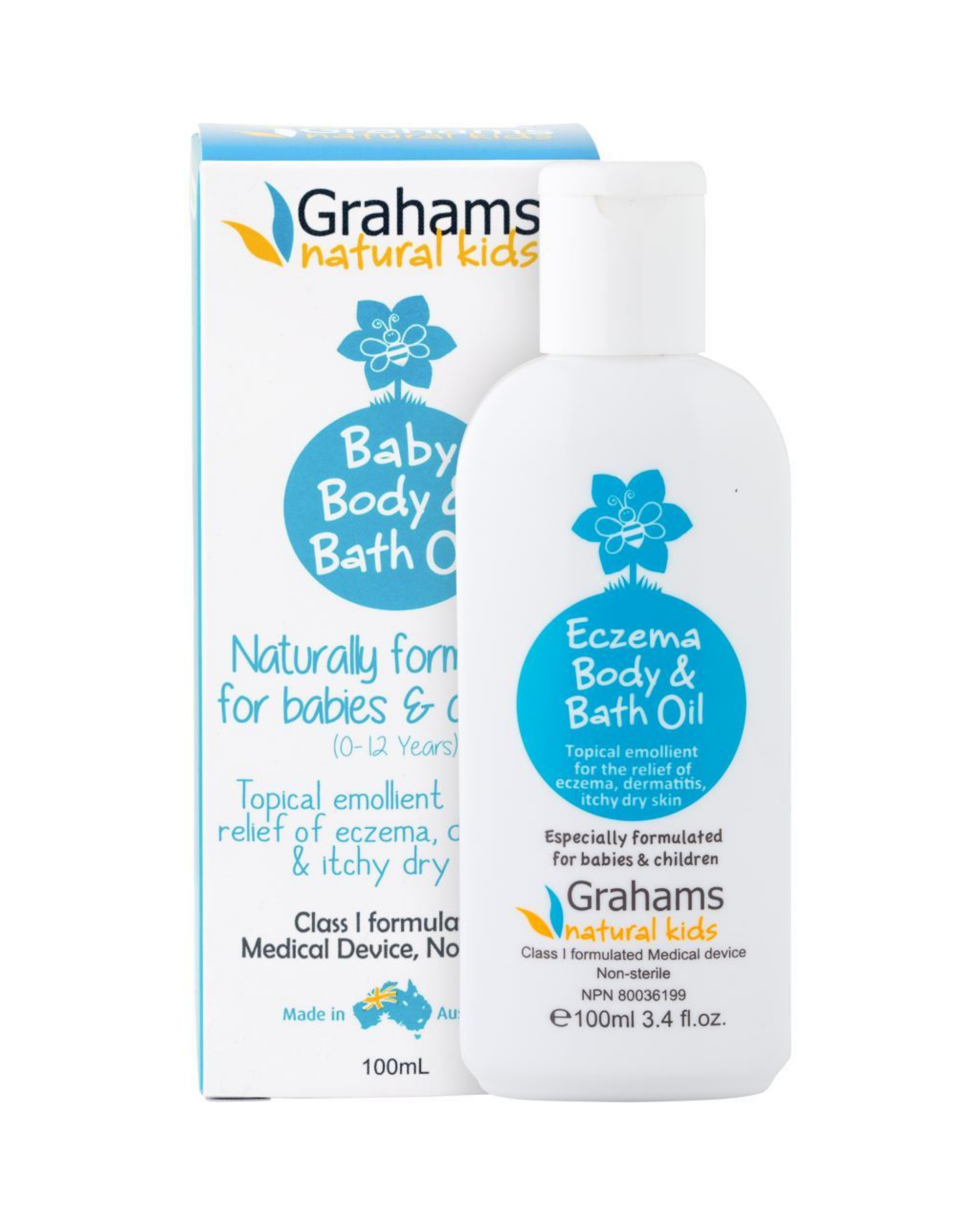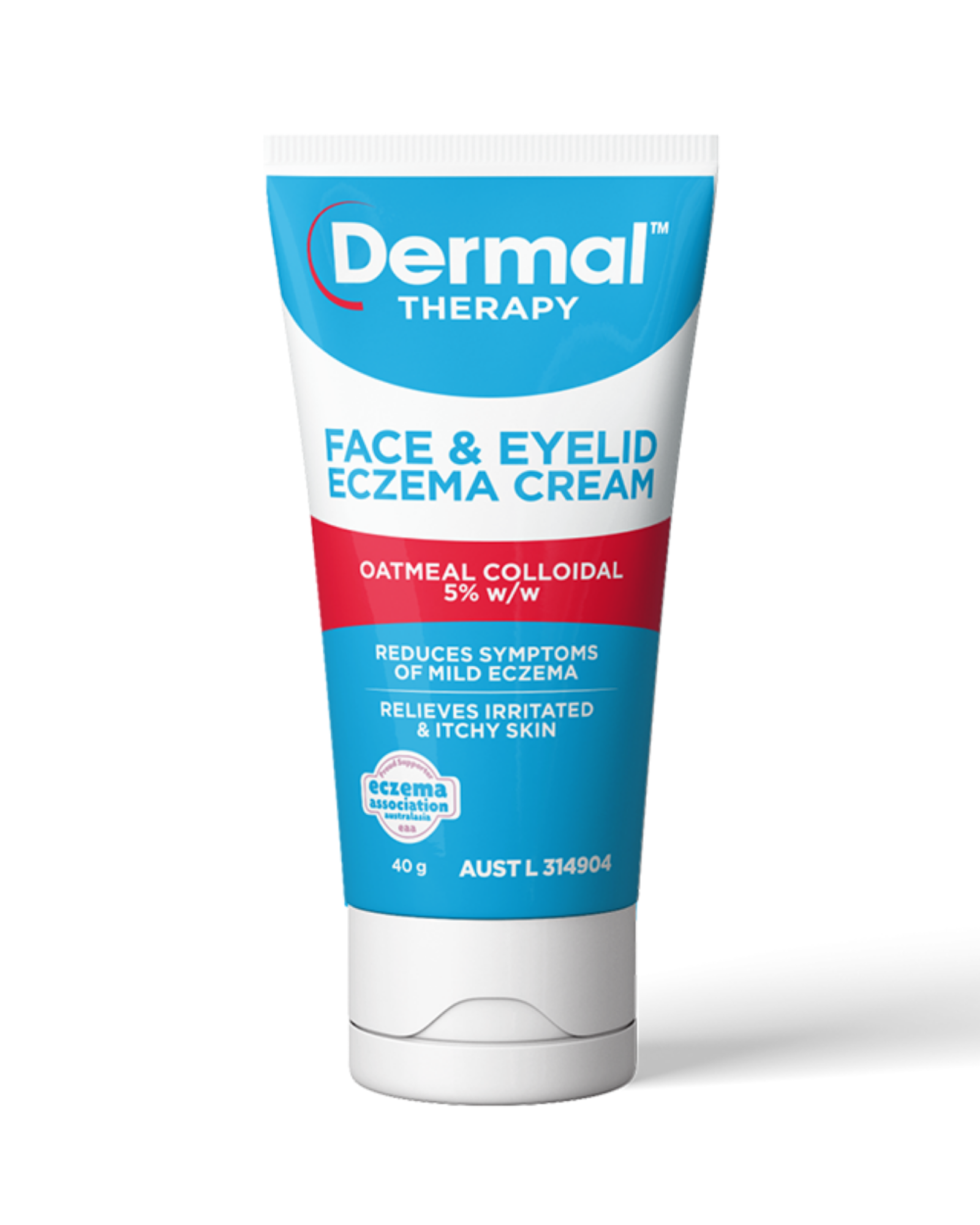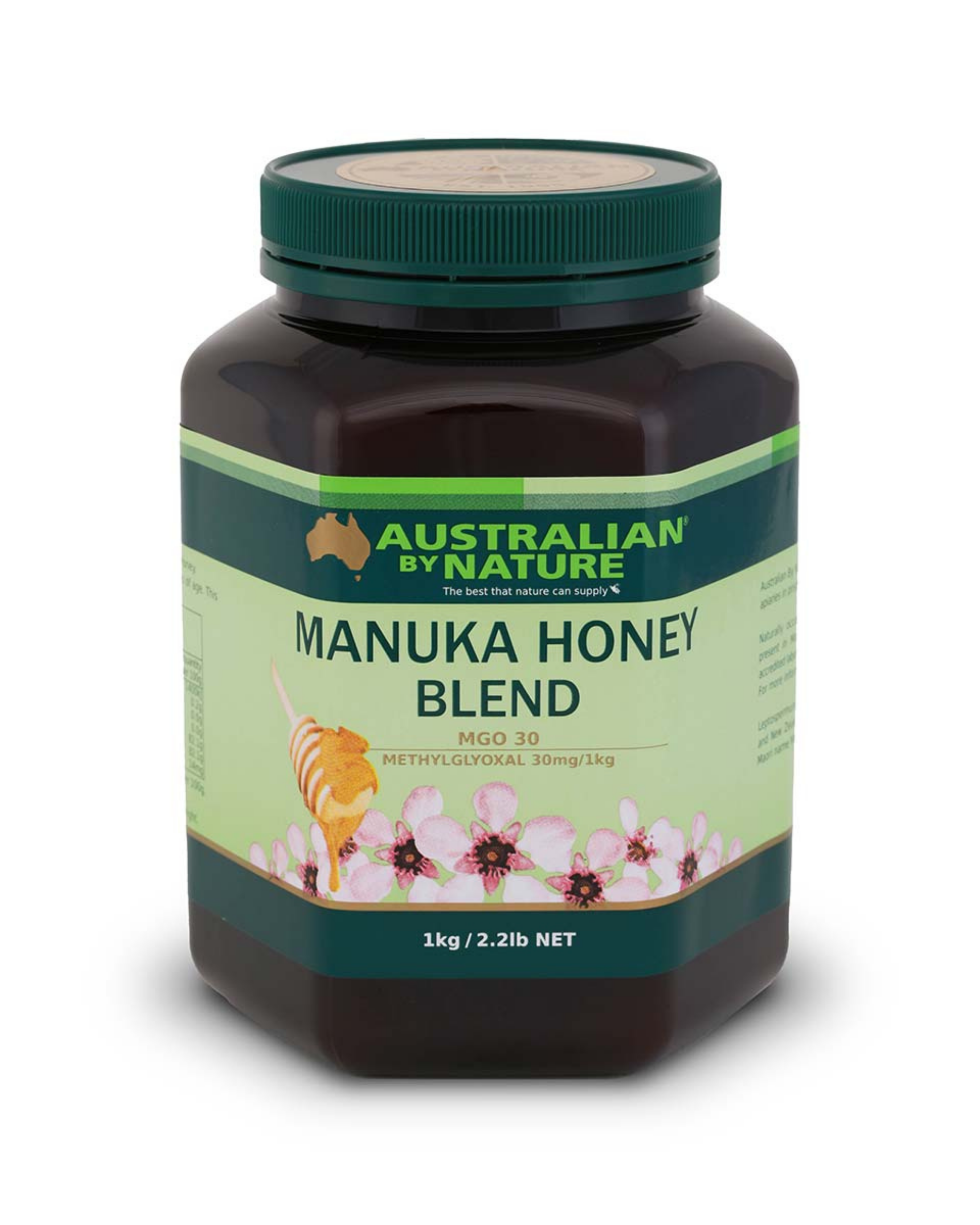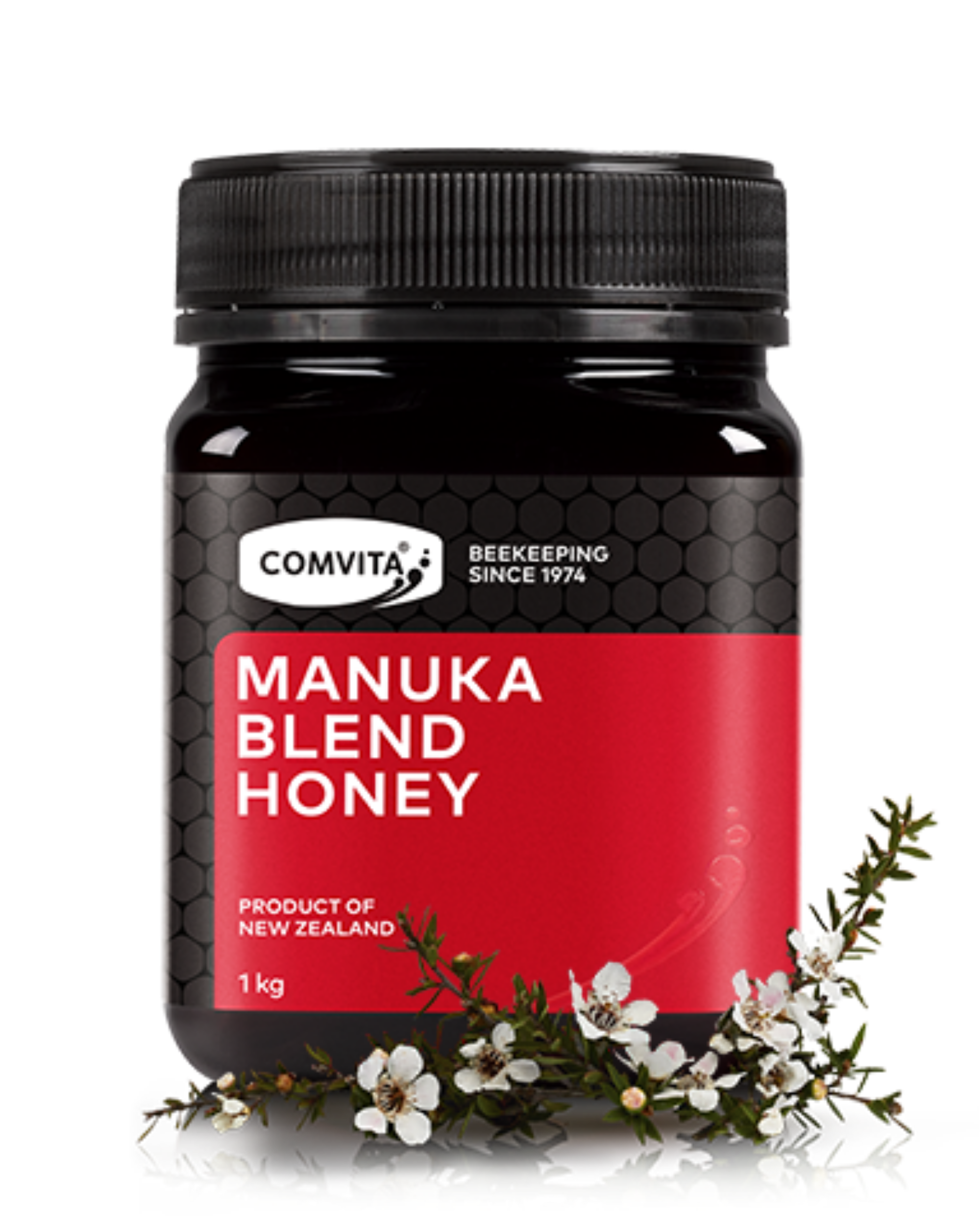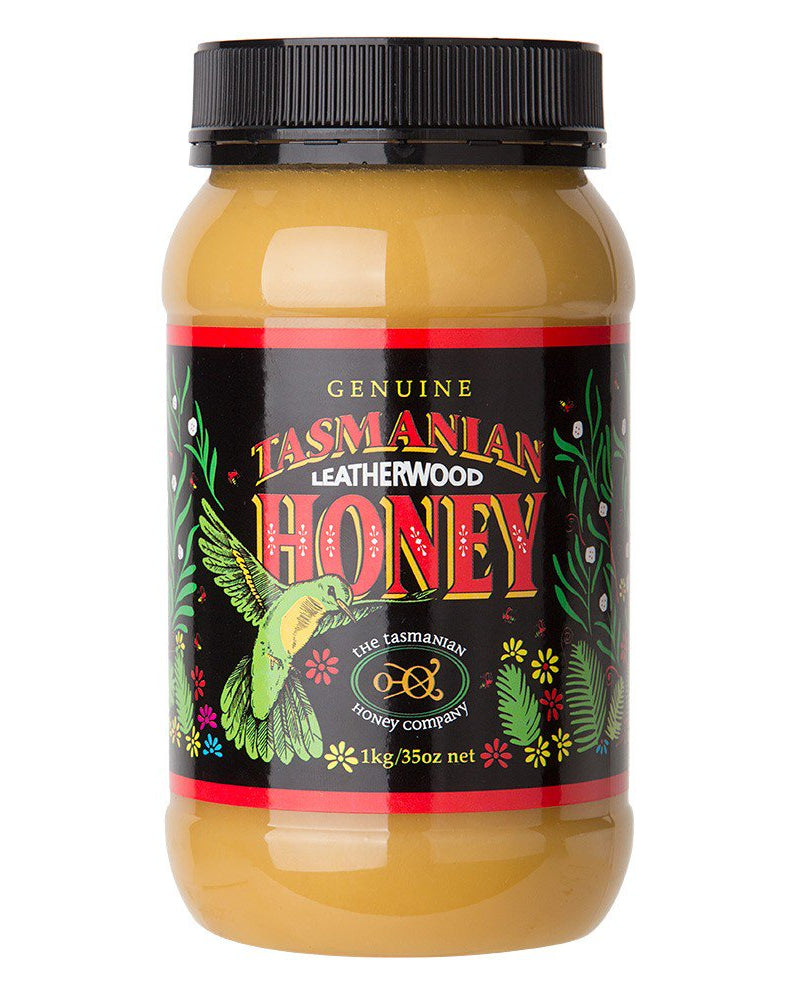
Table of Contents
- Introduction: The Importance of Brain Health in Aging
- How Aging Affects Memory and Focus
- Essential Supplements for Brain Health
- The Role of Nutrition in Cognitive Wellness
- The Gut-Brain Connection: Why Digestion Matters
- Healthy Habits for a Sharper Mind
- Conclusion: A Holistic Approach to Brain Longevity
- Related Posts
- References
The Importance of Brain Health in Aging
Aging is a wild ride—one day, you're remembering every lyric to a song from 40 years ago, and the next, you can't recall why you walked into the kitchen. It’s not that your brain is betraying you; it's just asking for a little maintenance.
Think of your brain like an old but classic car—it’s got character, history, and a whole lot of mileage. But without the right fuel (nutrients), a little tune-up (supplements), and regular road trips (mental stimulation), things start getting a bit... clunky. The good news? Science has figured out ways to keep your mental engine running smoothly—and no, it doesn’t involve downloading extra storage space.
The right brain supplements can help boost memory, sharpen focus, and keep your cognitive gears from rusting over. Combine them with a few smart habits, and you’ll be dodging brain fog like a pro.
So, let’s talk about what’s really going on up there—and how you can keep your mind sharp, focused, and ready to win every trivia night.
How Aging Affects Memory and Focus
Ah, aging—the process of accumulating wisdom while simultaneously forgetting where you left your car keys. It’s a paradox, really. Your brain has stored decades of life experience, yet suddenly, remembering your neighbour’s name feels like solving a complex riddle.
So, what’s happening up there? Well, let’s break it down:
1. Your Brain’s Processing Speed Slows Down
Remember when your mind used to work like a high-speed internet connection? Now, it’s more like dial-up. Processing information takes a little longer, and that’s perfectly normal. The neurons (brain cells) communicate more slowly as we age, meaning your mental reflexes aren’t as snappy as they once were.
2. Memory Storage Gets a Bit… Unorganized
Think of your brain as a giant filing cabinet. When you were younger, everything was neatly labelled and easy to retrieve. Now? Some files are misplaced, others are in the wrong drawer, and a few have been thrown in the junk folder for no apparent reason. The hippocampus—the part of your brain responsible for memory—shrinks over time, making it harder to store and recall information.
3. Neurotransmitters Take a Hit
These little chemical messengers (like dopamine and acetylcholine) help your brain cells talk to each other. With age, their production naturally declines, leading to memory lapses, difficulty concentrating, and occasional brain fog. It’s not that your thoughts are gone; they’re just moving at a more leisurely pace.
4. Inflammation and Oxidative Stress Join the Party
Like an uninvited guest, chronic inflammation and oxidative stress show up and wreak havoc on brain cells. They speed up aging, interfere with cognitive function, and make it harder to stay mentally sharp. Blame it on stress, processed foods, or just the passage of time—but the result is the same: your brain doesn’t operate as smoothly as it used to.
5. Multitasking Becomes a Myth
Once upon a time, you could cook dinner, watch TV, and have a conversation all at once. Now, switching between tasks feels like trying to juggle while riding a bike. That’s because the prefrontal cortex (responsible for focus and decision-making) weakens with age, making it harder to concentrate on multiple things at once.
Can You Reverse These Changes?
Short answer? You can’t completely stop the clock, but you can slow it down. Your brain is adaptable (thank you, neuroplasticity!), meaning you can still strengthen connections, boost memory, and improve focus—with the right support.
And that’s where brain-boosting supplements come in. Let’s talk about the best ones that can help you outsmart brain fog and keep your mental clarity intact.
Essential Supplements for Brain Health
Alright, so we’ve established that aging gives your brain some “quirks” (like forgetting why you opened the fridge). But instead of accepting brain fog as part of the package deal, you can feed your brain the proper nutrients to keep it sharp, focused, and firing on all cylinders.
Now, I’m not saying there’s a magic pill that’ll turn you into a genius overnight (if there were, trust me, I’d be first in line). But certain science-backed supplements can help boost memory, improve focus, and keep your cognitive gears from rusting over.
Here’s your cheat sheet for the best brain-boosting supplements:
The Brainpower Boosters You Need
| Supplement | How It Helps | Best Sources |
|---|---|---|
| Omega-3 Fatty Acids (DHA & EPA) | Keep brain cells healthy, reduce inflammation, and improve memory. | Fish oil, algae oil, fatty fish (salmon, mackerel) |
| Ginkgo Biloba | Improves blood flow to the brain, sharpens memory, and may help slow cognitive decline. | Herbal supplements, tea |
| B Vitamins (B6, B9, B12) | Support brain energy, mood balance, and neurotransmitter production. | Leafy greens, eggs, fortified cereals, B-complex supplements |
| Phosphatidylserine (PS) | Helps maintain brain cell membranes, improves memory, and may slow age-related decline. | Soy, fish, sunflower lecithin supplements |
| Curcumin (from Turmeric) | Fights brain inflammation and may help prevent Alzheimer’s. Bonus: It’s a natural mood booster! | Turmeric spice, curcumin supplements |
| Acetyl-L-Carnitine (ALCAR) | Increases energy in brain cells, improves mental clarity, and supports memory. | Red meat, poultry, dairy, ALCAR supplements |
| Lion’s Mane Mushroom | Stimulates brain cell regeneration and may reduce memory loss. Also, it sounds incredible. | Fresh mushrooms, extracts, capsules |
| Magnesium L-Threonate | Enhances learning, improves memory, and supports brain plasticity. | Magnesium-rich foods (nuts, seeds, leafy greens), supplements |
| Rhodiola Rosea | Reduces mental fatigue, sharpens focus, and helps combat stress. | Herbal extracts, capsules, tea |
| Bacopa Monnieri | Boosts memory retention and helps with information processing speed. | Ayurvedic herbal supplements, tea |
Which Supplements Should You Take?
While all of these play a role in brain health, the best approach is to:
- ✔ Pick a few key supplements based on your personal needs (memory, focus, mental energy).
- ✔ Combine them with a brain-friendly diet (no supplement can outsmart junk food).
- ✔ Stay consistent—brain changes take time, so don’t expect instant results.
Next, let’s discuss how your diet plays just as big a role as supplements in keeping your brain firing at full speed.
The Role of Nutrition in Cognitive Wellness
Your brain is one of the hungriest organs in your body, and if you don’t feed it right, it lets you know—usually in the form of brain fog, sluggish thinking, and the classic “Where did I put my phone?” moment.
The right foods can supercharge your memory, sharpen focus, and keep your mind clear. The wrong ones? Well, they’ll have you re-reading the same sentence five times and wondering why you feel exhausted.
Here’s a simple guide to what your brain loves—and what it wishes you’d stop eating.
Brain-Boosting Foods vs. Brain Fog Culprits
| Eat More Of | Because It | Avoid These | Because They |
|---|---|---|---|
| Fatty Fish & Avocados | Boost memory & reduce inflammation. | Fried foods & Trans fats | Slow down cognitive function & cause brain fatigue. |
| Berries & Dark Chocolate | Provide antioxidants that fight brain aging. | Sugary snacks & Sodas | Cause blood sugar crashes, leading to brain fog. |
| Eggs & Lean Protein | Fuel neurotransmitters for better focus & mental clarity. | White bread & Pasta | Spike blood sugar, then cause sluggish thinking. |
| Whole Grains & Oats | Provide steady energy for mental clarity. | Ultra-processed foods | Contain preservatives & additives that harm brain function. |
| Water & Herbal Teas | Keep brain cells hydrated & active. | Too much caffeine & Alcohol | Dehydrate the brain, affecting focus & memory. |
Final Tip
If your brain feels slow, don’t panic—upgrade your food choices. Your mind will thank you with better memory, sharper focus, and fewer “Wait... what was I doing again?” moments.
Now that we’ve covered how food fuels the brain, let’s talk about something just as important but often overlooked—how your gut health affects brain function.
The Gut-Brain Connection: Why Digestion Matters
If you’ve ever had a “gut feeling” about something, science says you’re not just imagining it. Your gut and brain are basically best friends, constantly texting each other through a network of nerves, hormones, and bacteria. When your gut is happy, your brain is happy. When your digestion is off? Let’s say your brain doesn’t exactly operate at genius levels.
Ever felt sluggish or foggy after eating something heavy or processed? That’s because your gut microbiome (the trillions of bacteria in your intestines) plays a direct role in mood, focus, and cognitive function. In short, impaired gut health = bad brain days.
So, what should you do? Simple. Feed your gut the right stuff and cut out the brain-draining foods.
How Your Gut Impacts Brain Function
| Gut Factor | How It Affects Your Brain | How to Fix It |
|---|---|---|
| Good Gut Bacteria | Produces neurotransmitters (like serotonin) that boost mood & focus. | Eat more fermented foods (yogurt, kimchi, sauerkraut) & take probiotics. |
| Inflammation in the Gut | Causes brain fog, memory issues & low energy. | Cut out processed foods & add anti-inflammatory foods (turmeric, leafy greens). |
| Poor Nutrient Absorption | Leads to deficiencies in B vitamins, magnesium & omega-3s—key for brain health. | Improve digestion with digestive enzymes & eat nutrient-dense whole foods. |
| Blood Sugar Spikes | Leads to energy crashes, poor concentration & mood swings. | Stick to fibre-rich foods & avoid refined sugar and junk carbs. |
| Leaky Gut Syndrome | Toxins enter the bloodstream, causing brain fog & chronic fatigue. | Support gut lining with bone broth, L-glutamine & healthy fats. |
Signs Your Gut Might Be Messing With Your Brain
- Frequent brain fog & sluggish thinking
- Mood swings & irritability
- Constant bloating or digestive discomfort
- Poor focus & short attention span
- Energy crashes after meals
If this sounds like you, your gut might need a reset.
How to Improve Your Gut for Better Brain Function
1. Take Probiotics – Good bacteria = better mood, focus & digestion.
2. Eat More Fiber – Keeps gut bacteria happy (think leafy greens & whole grains).
3. Limit Sugar & Processed Foods – Because your brain hates them.
4. Hydrate Like a Pro – Water & herbal teas flush out toxins.
5. Try Digestive Enzymes – Help your body absorb nutrients properly.
Taking care of your gut means better digestion, clearer thinking, and a happier brain.
Up next: Simple lifestyle habits that can keep your mind sharp for the long haul.
Healthy Habits for a Sharper Mind
Sure, supplements and brain-boosting foods are great, but let’s be real—if you’re running on three hours of sleep, spending all day glued to a screen, and avoiding exercise like it’s a tax audit, your brain is not going to perform at its best.
A sharp mind isn’t just about what you eat but how you live. The good news? Small daily habits can make a huge difference in keeping your brain focused, energetic, and ready for anything (even remembering where you put your car keys).
Daily Habits for a Stronger Brain
| Brain-Boosting Habit | Why It Works | How to Do It |
|---|---|---|
| Move Your Body | Exercise increases blood flow & stimulates brain cell growth. | Walk 30 minutes a day, try yoga, or dance like nobody’s watching. |
| Prioritize Sleep | Sleep cleans out brain toxins & boosts memory. | Aim for 7–9 hours; avoid screens 1 hour before bed. |
| Keep Learning | Challenges your brain, strengthens neural connections. | Read, learn a new skill, do puzzles, or try a new hobby. |
| Manage Stress | Chronic stress kills brain cells & affects memory. | Meditate, practice deep breathing, or just chill out. |
| Stay Socially Active | Social interactions stimulate cognitive function. | Call a friend, join a club, or chat up the barista (they’re friendly!). |
| Limit Screen Time | Too much screen time reduces focus & sleep quality. | Take breaks, follow the 20-20-20 rule (every 20 mins, look 20ft away for 20 secs). |
| Get Sunlight | Sunlight boosts Vitamin D, which improves brain function. | Spend at least 15-20 minutes outside daily. |
| Laugh More | Laughter reduces stress & enhances problem-solving. | Watch a comedy, share jokes, or hang with funny friends. |
Brain Maintenance = Longevity
Aging doesn’t mean losing your sharpness—it means taking care of your brain so it works for you, not against you.
Small changes = BIG results. So, whether it’s going for a walk, learning a new skill, or simply laughing more, these habits can help you stay sharp, focused, and ready to outwit your grandkids in a game of chess.
Up next: Let’s wrap it all up with a final strategy for lifelong brain health.
Conclusion: A Holistic Approach to Brain Longevity
So, there you have it—the ultimate playbook for keeping your brain in top shape.
The key takeaway? Your brain is like a high-performance engine—it needs the right fuel (nutrition), regular maintenance (healthy habits), and the occasional upgrade (supplements) to keep running smoothly.
Quick Recap
- Eat brain-boosting foods (hello, salmon and blueberries.)
- ✔ Take innovative supplements (your memory will thank you.)
- ✔ Support your gut (because digestion and brain health go hand in hand.)
- ✔ Move, sleep, and de-stress (exercise, rest, and relaxation = sharper thinking)
- ✔ Stay curious, social, and engaged (keep learning, laughing, and connecting with others).
Aging doesn’t mean losing your edge. With the right habits and a little extra support, you can keep your brain firing on all cylinders for years to come.
Now, go forth and outsmart brain fog, remember names like a pro, and keep your wits sharper than ever!





